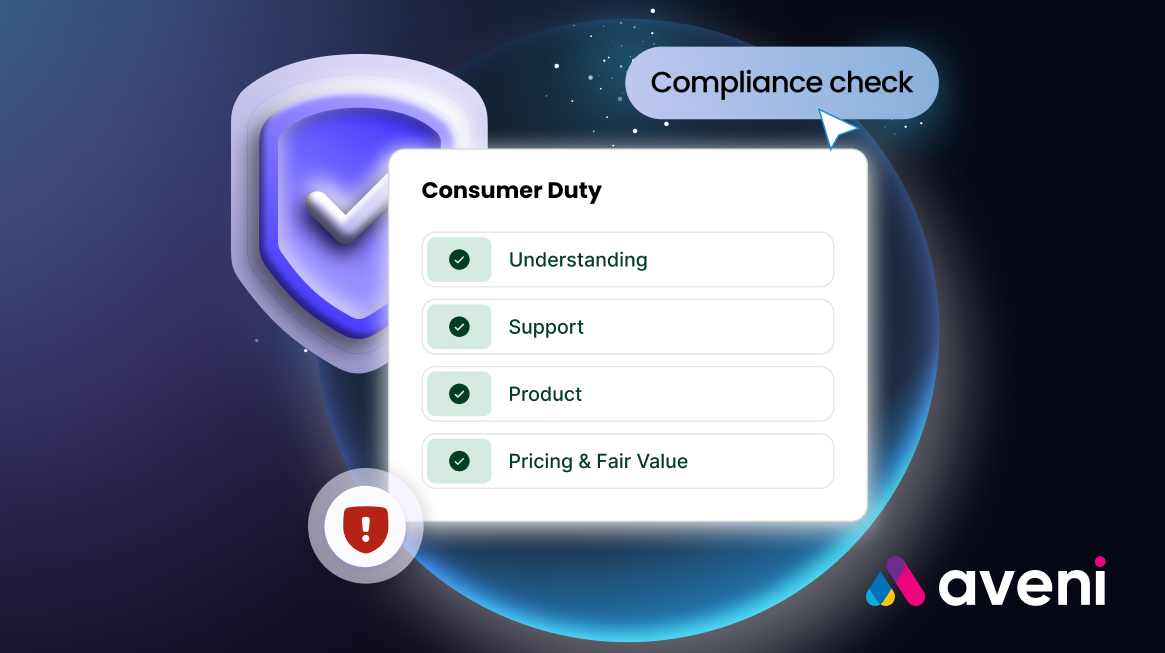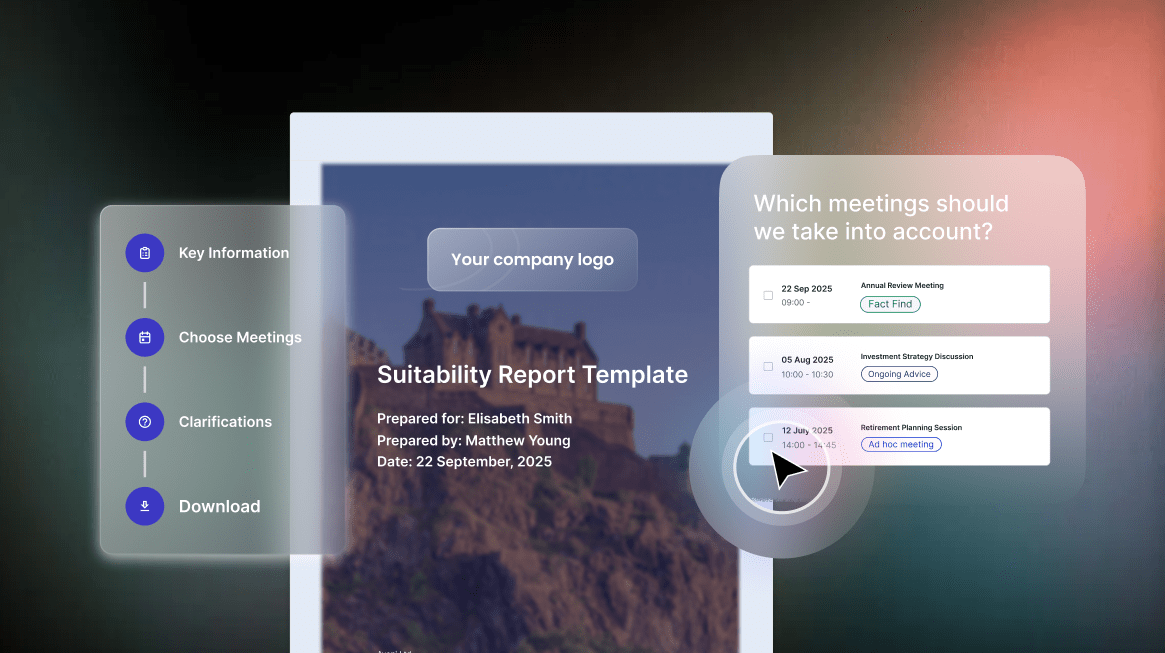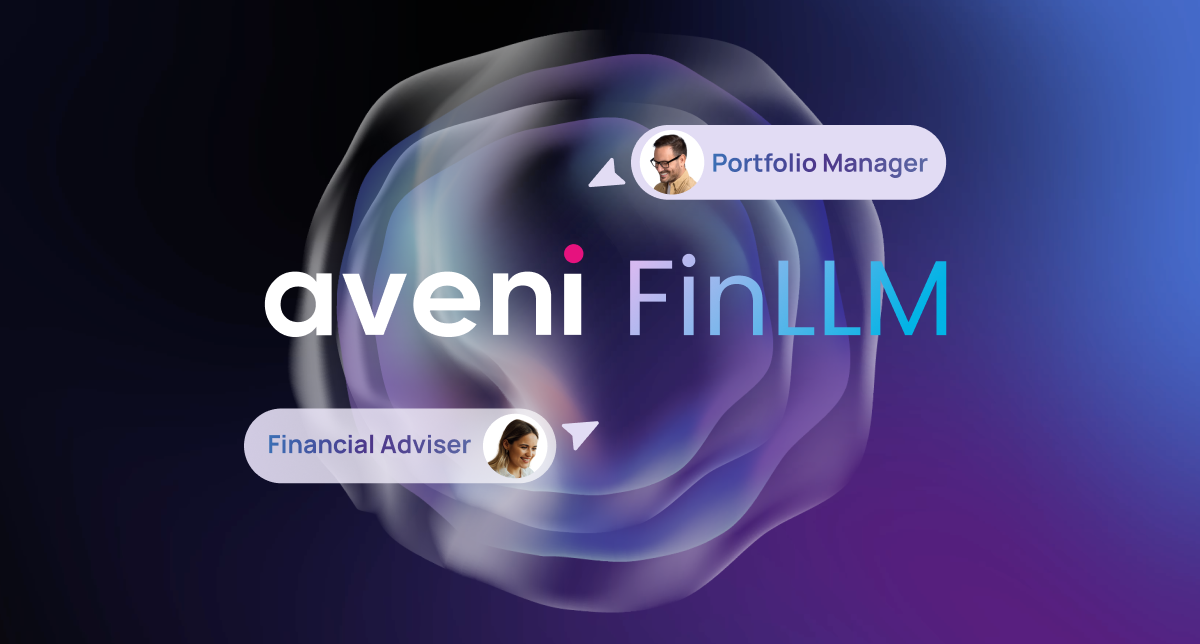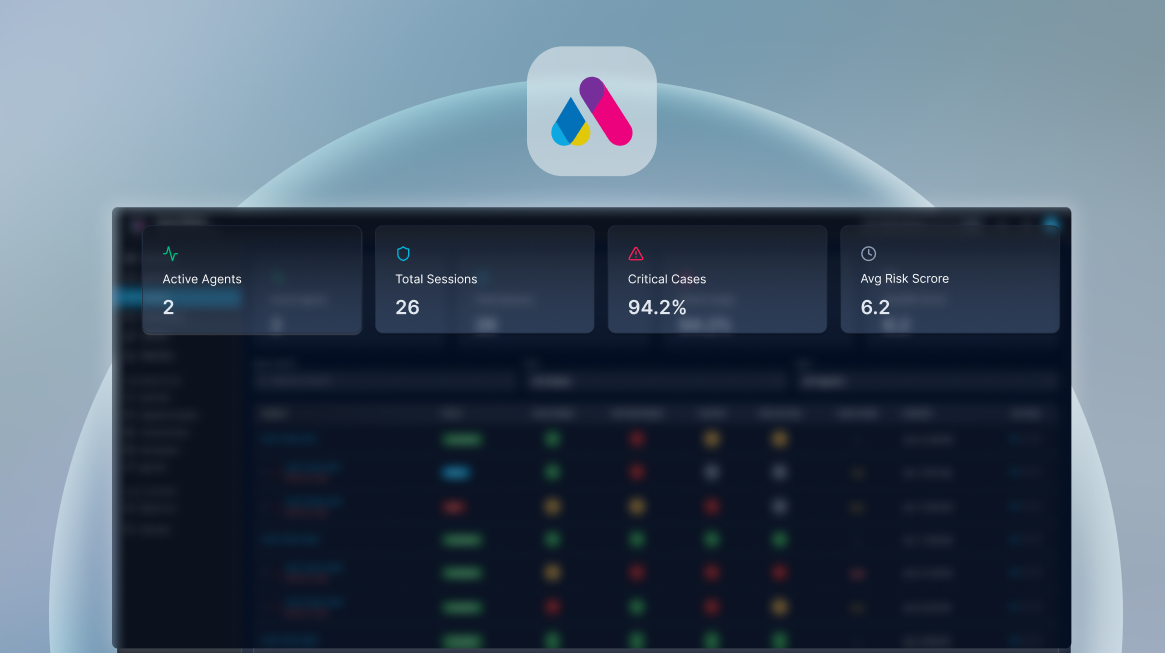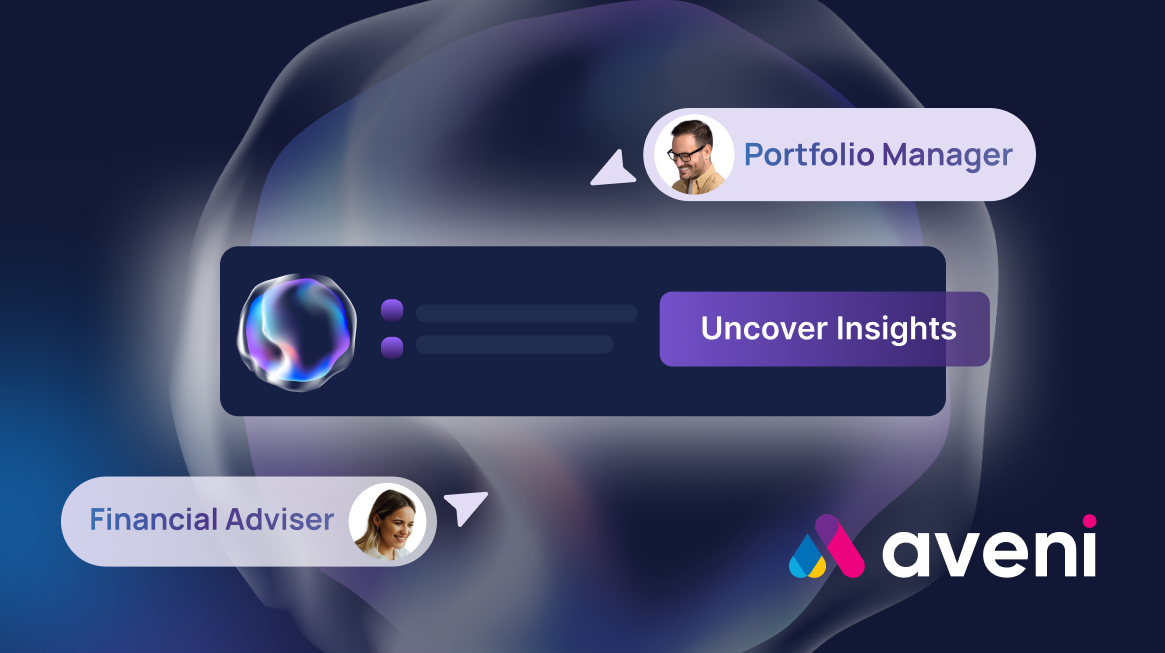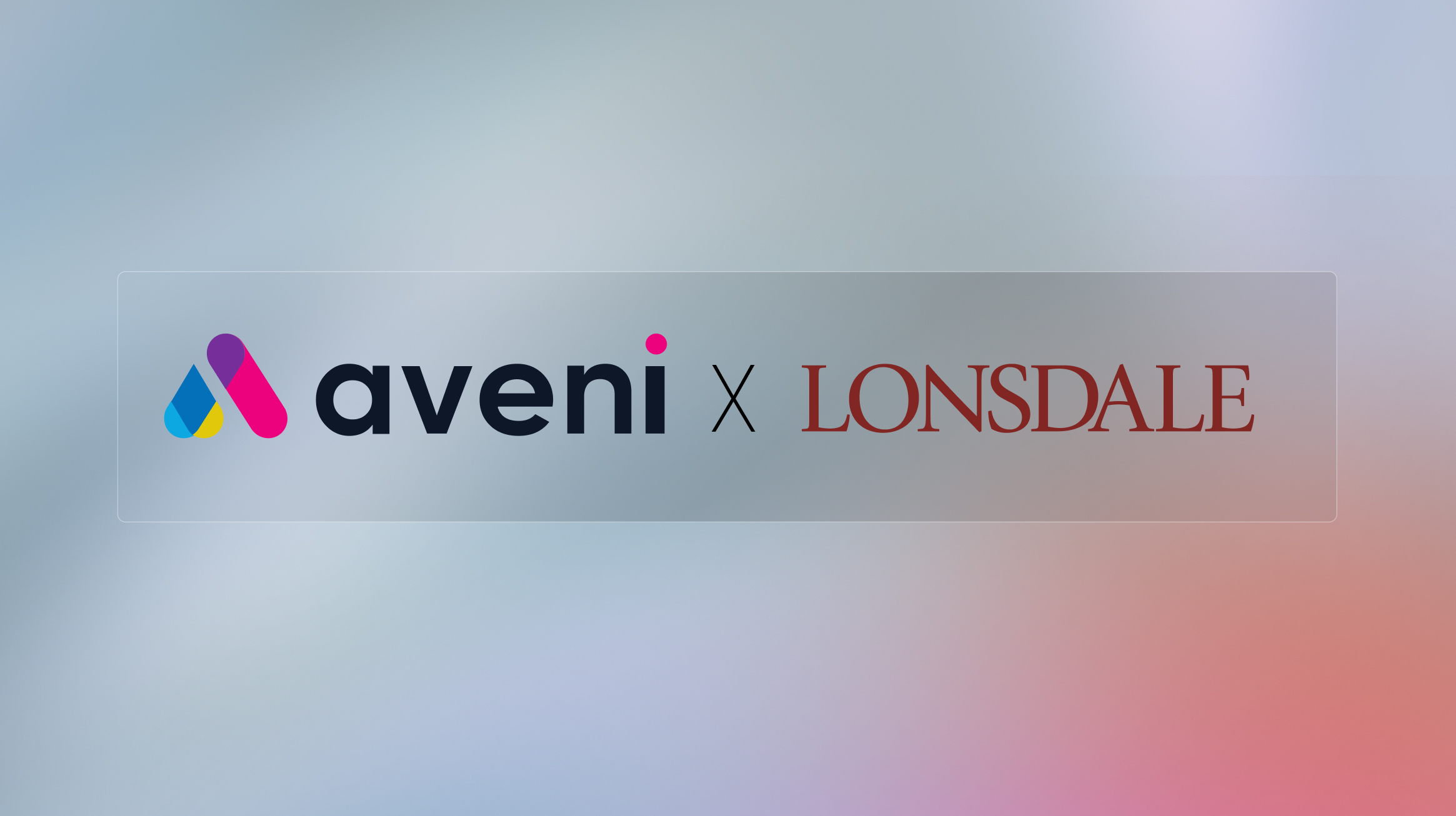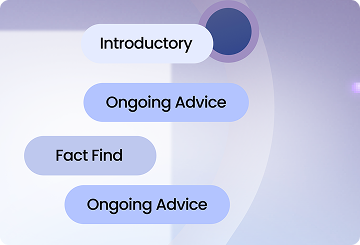How AI for Wealth Consolidators Enables Compliance Standardisation
Wealth consolidators are reshaping financial advice. By acquiring and merging IFA firms, they aim to build scale, cut costs, and deliver stronger returns. But every deal brings the same hidden challenge: compliance.
Each firm has its own systems, processes, and culture. Different CRMs, fact finds, suitability report templates, and file-check routines make it hard to create one operating model. For boards, this fragmentation is risky. Regulators expect clear evidence of Consumer Duty oversight, yet compliance teams often piece together data from scattered sources. Without standardisation, integration slows, costs rise, and reputational risk grows.
Wealth Consolidators Struggle with Compliance
Bringing firms together creates recurring hurdles:
- Disparate frameworks → Each firm follows its own compliance processes.
- Inconsistent oversight → Boards need a single, reliable view of Consumer Duty and adviser performance.
- Legacy systems → Mismatched CRMs and templates force manual workarounds.
- Cultural resistance → Advisers worry standardisation will weaken personal service.
If ignored, these challenges slow integration and undermine acquisition value.
→ Related reading: Killing the File-Check Bottleneck: Smarter QA for Advice Networks
Why Standardisation Matters for ROI
For consolidators, speed of integration is critical. Success is measured not only by how many firms are acquired, but by how quickly they operate as one.
Without unified compliance:
- Consumer Duty risks escalate.
- Inconsistent advice erodes client trust.
- Inefficiencies delay returns and damage confidence.
Standardisation is a strategic move that protects value and builds trust.
→ See also: Consumer Duty Compliance with Technology
How AI Makes Standardisation Possible
AI designed for financial services helps consolidators align compliance across firms.
- Automated document generation → Aveni Assist creates suitability reports from CRMs, meeting notes, and fact finds, giving every adviser the same framework.
- Fact find enhancements → Adviser conversations feed straight into systems like Intelliflo Office and Xplan, removing duplication.
- Conversation oversight → Aveni Detect reviews calls and meetings, surfacing Consumer Duty indicators in consistent dashboards.
- FinLLM → A financial-services-specific model that produces safe, explainable outputs aligned with FCA standards.
Together, these tools replace fragmented processes with a single, scalable compliance model.
→ Learn more: AI Guardrails and Monitoring That Actually Work in Financial Services
Overcoming Adviser Resistance
Standardisation does not mean one-size-fits-all. AI takes away repetitive admin and gives advisers more time with clients.
Instead of re-keying fact finds or editing reports by hand, advisers can focus on advice delivery, confident that their documents meet compliance standards. Demonstrating these savings builds buy-in across newly acquired teams.
Proof Points from the Market
- One consolidator cut suitability report prep from 90 minutes to under 20 minutes with Aveni Assist.
- Another saved 1,400 adviser hours per month, worth more than £40,000, by automating meeting workflows.
- In several pilots, report preparation times dropped by over 70%.
These are not theories. They are results.
→ Related insight: Enterprise-Grade Suitability: Scaling Compliance and Consistency Across Large Networks
Board-Level Benefits
For boards and senior leaders, AI-driven standardisation offers:
- Confidence → Clear, regulator-ready evidence of compliance.
- Clarity → Dashboards that highlight risks and performance trends.
- Control → A single operating model that scales with every acquisition.
This turns compliance from a burden into a foundation for growth.
Compliance Success with AI for Wealth Consolidators
Acquisitions bring both opportunity and risk. The firms that succeed are those that standardise compliance quickly, align advisers under one model, and give boards the evidence regulators demand.
AI makes this possible. With tools built for financial services, consolidators can integrate faster, reduce risk, and deliver the returns investors expect.
Ready to see AI in action?
Discover how Aveni’s platform automates regulated workflows, strengthens compliance oversight,
and delivers measurable ROI across your firm.
Book a demo
Frequently Asked Questions
How does AI for wealth consolidators differ from generic AI tools?
AI for wealth consolidators uses financial-services-specific models trained on regulatory frameworks like Consumer Duty and FCA guidance. Unlike generic AI, these tools understand wealth management workflows, compliance requirements, and produce outputs aligned with UK financial services standards. Aveni’s FinLLM, for example, is designed specifically for financial advice, ensuring every automated document and insight meets regulatory expectations.
Can AI for wealth consolidators integrate with existing CRM systems?
Yes. AI for wealth consolidators is designed to work alongside platforms like Intelliflo Office and Xplan. Rather than replacing existing systems, AI enhances them by automating fact find completion, generating compliant suitability reports, and surfacing compliance risks directly within your current workflows. This approach reduces disruption during post-acquisition integration.
What compliance risks does AI for wealth consolidators help address?
AI for wealth consolidators addresses fragmented compliance processes, inconsistent adviser quality, and inadequate Consumer Duty oversight. By standardising document generation, automating conversation reviews, and creating unified compliance dashboards, AI helps boards demonstrate regulatory compliance across multiple acquired firms whilst reducing the manual workload on QA teams.
How quickly can wealth consolidators see ROI from AI implementation?
Implementation timelines vary, but measurable results often appear within weeks. Several wealth consolidators have reduced suitability report preparation from 90 minutes to under 20 minutes, saving over 1,400 adviser hours monthly. These time savings translate directly to cost reductions and faster post-acquisition integration, accelerating the path to profitability.
Will advisers resist AI for wealth consolidators during integration?
Resistance typically comes from fear that standardisation removes personal service. However, AI for wealth consolidators reduces administrative burden rather than changing how advisers interact with clients. By automating repetitive tasks like report writing and fact find updates, AI gives advisers more face-to-face time with clients, which often converts initial scepticism into support.
What makes AI for wealth consolidators explainable and trustworthy?
Explainability is critical in regulated environments. AI for wealth consolidators uses financial-services-specific models that show their reasoning, cite source data, and align with FCA expectations. Every automated output includes audit trails, allowing compliance teams to verify decisions and demonstrate regulatory oversight to boards and regulators.
How does AI for wealth consolidators support Consumer Duty compliance?
AI for wealth consolidators monitors conversations, documents, and adviser interactions to surface Consumer Duty indicators in real time. Automated dashboards highlight potential risks, track client outcomes, and provide evidence of fair treatment across all acquired firms. This centralised oversight helps boards demonstrate compliance whilst reducing the manual burden on compliance teams.
Can AI for wealth consolidators scale as we acquire more firms?
Scalability is a core benefit. AI for wealth consolidators creates a standardised compliance framework that works across multiple CRMs, fact find formats, and adviser styles. Each new acquisition inherits the same automated workflows, document standards, and oversight tools, allowing boards to integrate firms faster without increasing compliance headcount proportionally.
